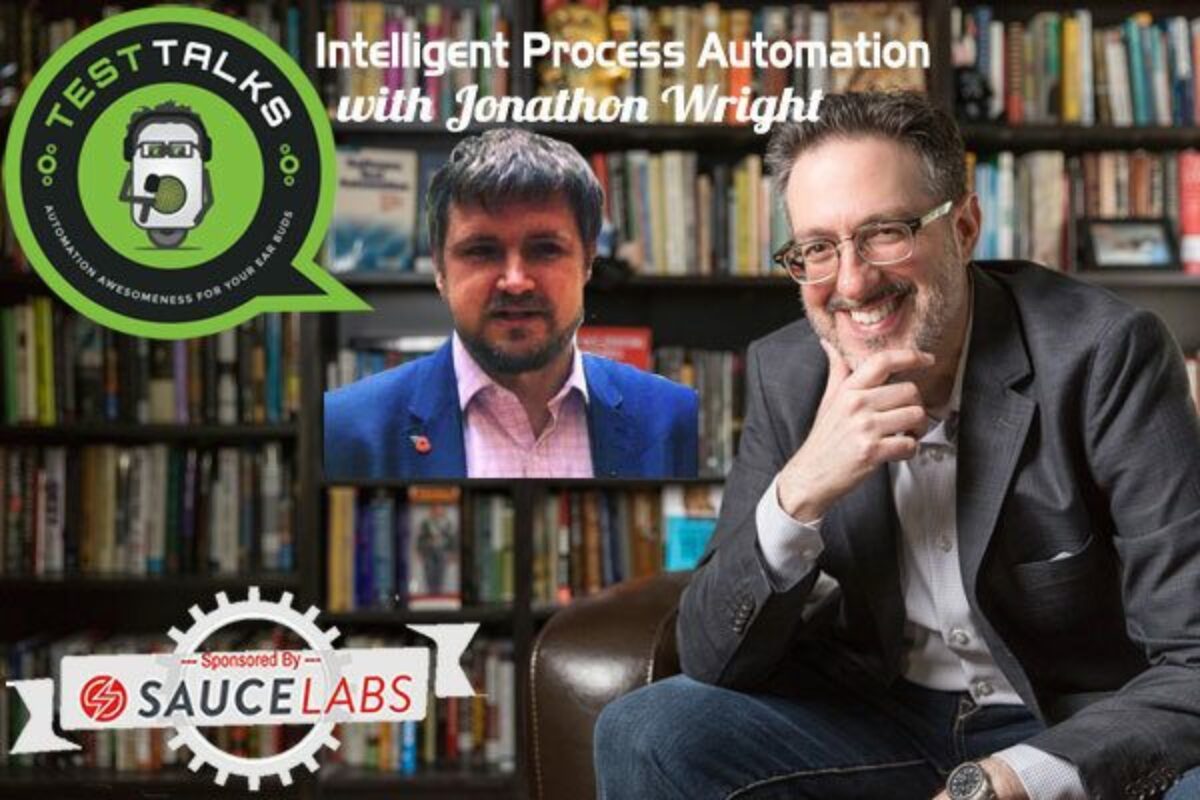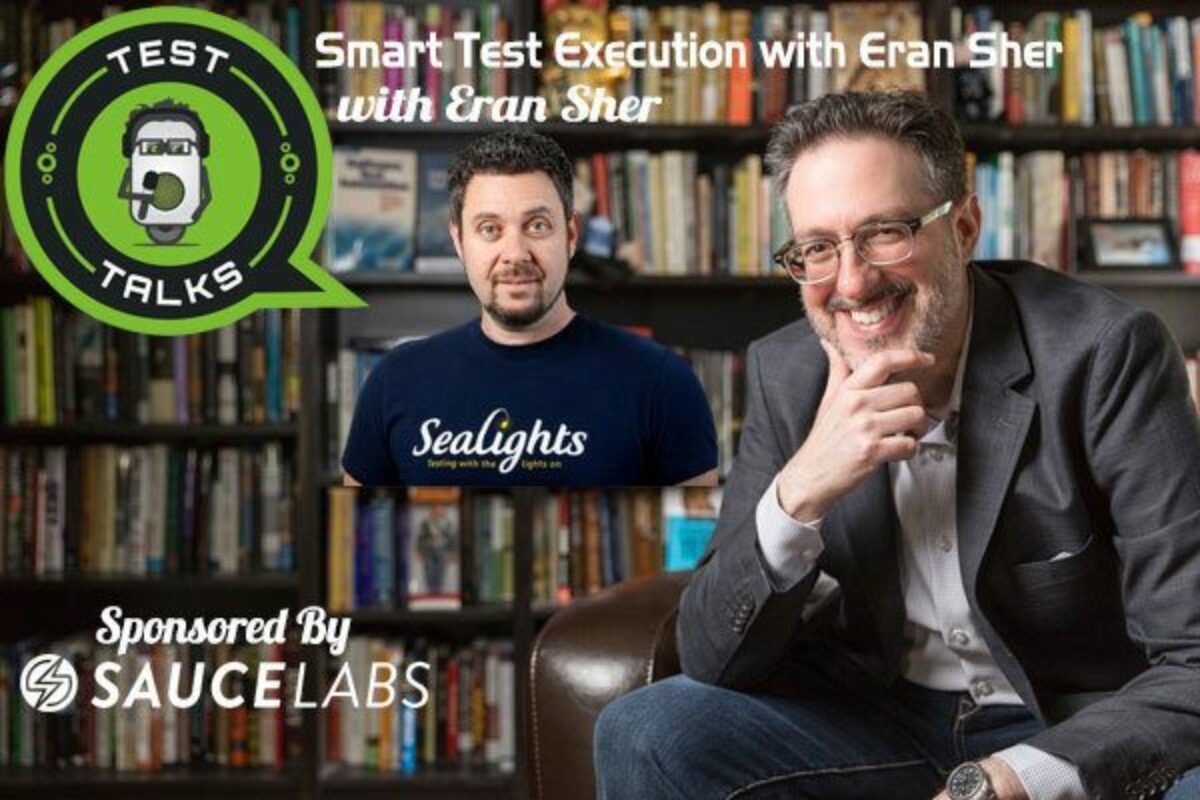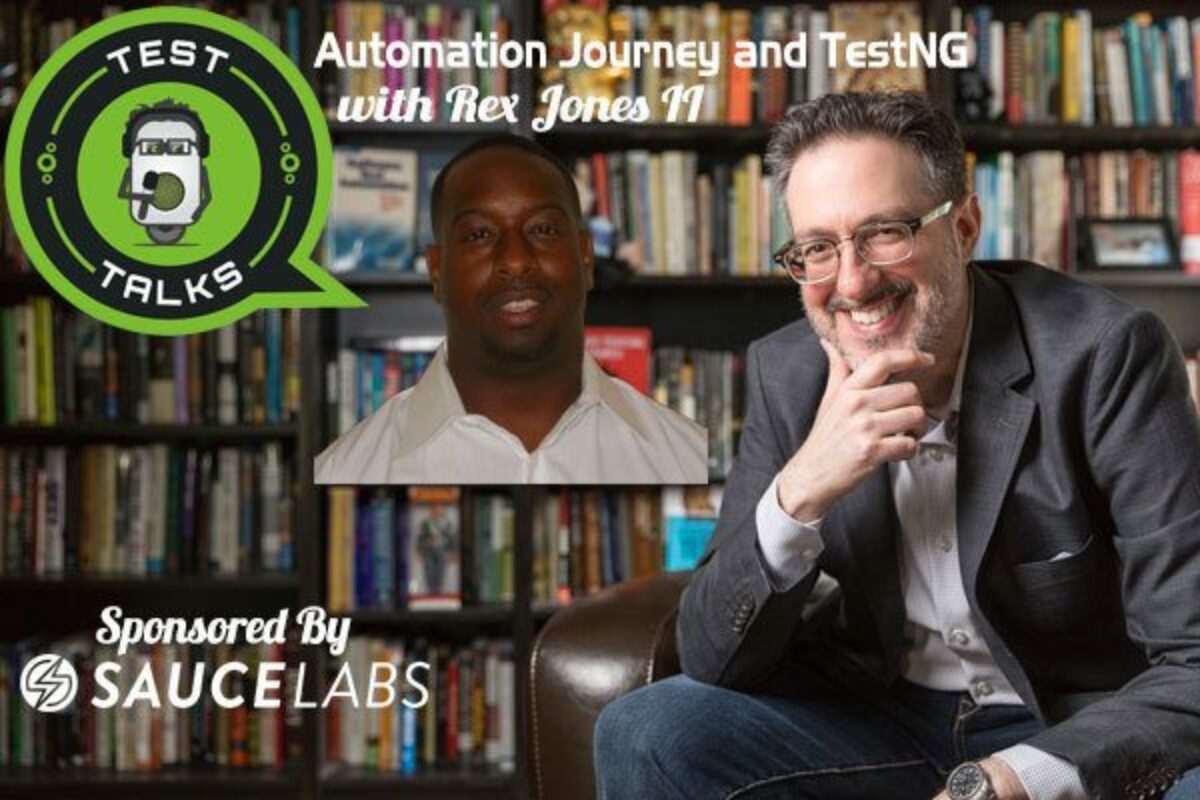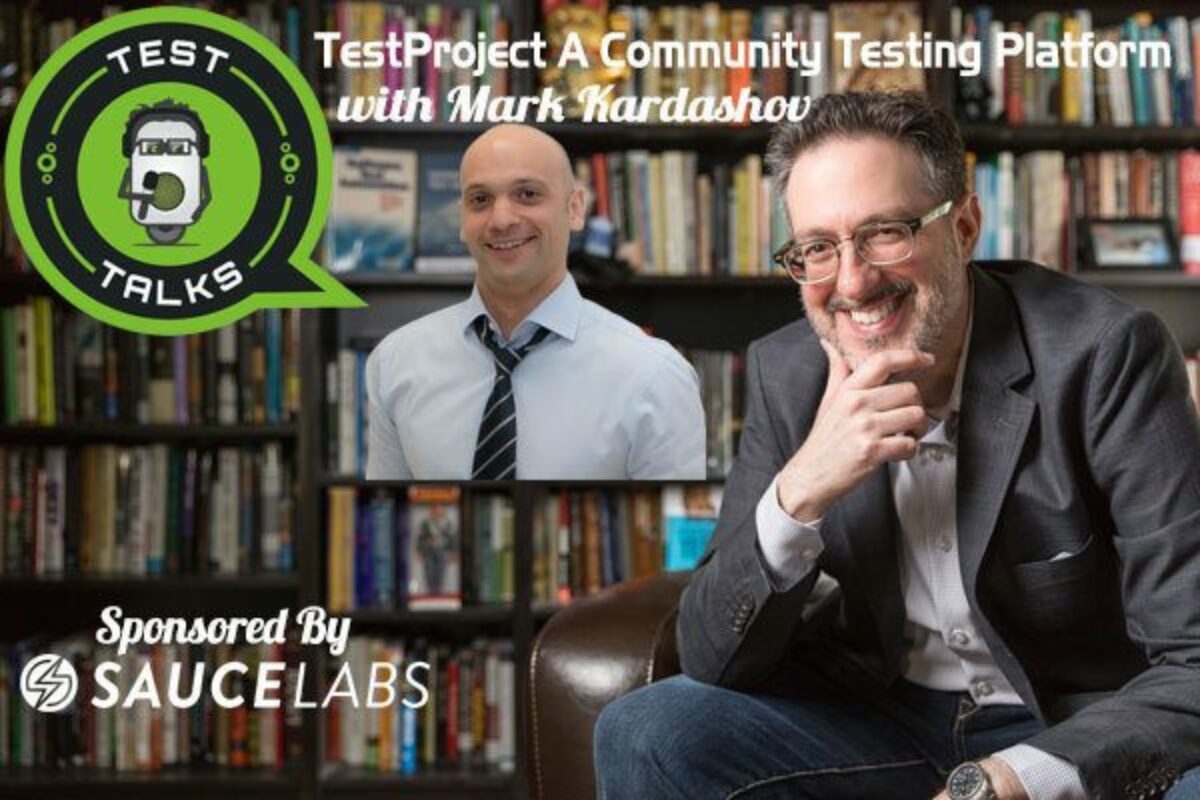In the digital economy of today, every business is a software business, and how we create software is forever changing. So if you’re looking to learn where software development and testing is heading, listen up. Jonathon Wright (The Automation Cyborg) shares his vision of Intelligent Process Automation and how it has already helped numerous companies begin to make the shift towards the future he foresees.
About Jonathon Wright
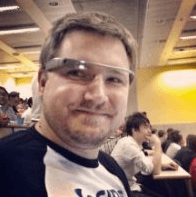
Jonathon is a digital therapist, strategic thought leader, and distinguished technology evangelist. He specializes in emerging technologies, innovation and automation, and has more than 18 years of international commercial experience within global organizations. He is currently the co-founder of Digital-Assured based in Oxford in the UK. Jonathon combines his extensive practical experience and leadership with insights into real-world applications of the core principles underpinning Enterprise Digital (Smart Cities, IoT, and AI). Thus, he is frequently in demand as a speaker at international conferences such as Gartner, Oracle, Unicom, EuroSTAR, STAREast and STARWest. Jonathon is the author of several award-winning books.
Quotes & Insights from this Test Talk
- So I think the official description is where you are. Robots are augmented by humans. So this is really targeting these kinds of very repetitive high volume activities which you use to see in things like manufacturing. And what they've done is they replace those with and that the great thing about RPA or robotic process automation is there's a number of different types you can range from things which are kind of assisted RPA which is really where humans are actually telling the computers how to actually interact unassisted where it's kind of started learning end to end tasks which it's trying to repeat. And then there's the autonomous which is kind of where you probably seeing things like the Tesla Y and stuff and Tesla X coming in and being self-driving. And then the next level is really this cognitive level which I kind of mentioned before around where he's actually thinking for itself. So these are robotic technologies applied into what we would normally traditionally call Industry 4.0.
- At the end of the day, it's software. The difference is trained by humans. And that's the real difference.
- Part of it is that if the thinking and learning components are going to be potentially replaced by robots where do we come in? I guess it's that making compote. And when I say make I actually mean create. Because I think creativity is something that is something that we humans are very good at.
- One of my my top tips is this new five hour rule, which you may or may not have heard of which is about spending five hours a week actually learning something new. And I think that's we need to do to evolve.
- And that's the question is do you think what you do is repeatable, do think it could be replaced. And if the answer is yes then you should be looking at these other types of skills. And creativity I think is definitely the one to look at.
Resources
- The 7 Stages of Creativity: Developing Your Creative Self – James A Whittaker
- Microsoft Professional Program for Artifical Intelligence
- The Digital Quality Handbook: Guide for Achieving Continous Quality in a DevOps Reality – Eran Kinsbruner
Connect with Jonathon Wright
- Twitter: @Jonathon_Wright
- LinkedIn: automation
May I Ask You For a Favor?
Thanks again for listening to the show. If it has helped you in any way, shape or form, please share it using the social media buttons you see on the page.
Additionally, reviews for the podcast on iTunes are extremely helpful and greatly appreciated! They do matter in the rankings of the show and I read each and every one of them.
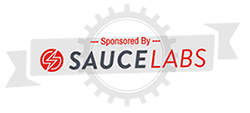
Test Talks is sponsored by the fantastic folks at Sauce Labs. Try it for free today!

